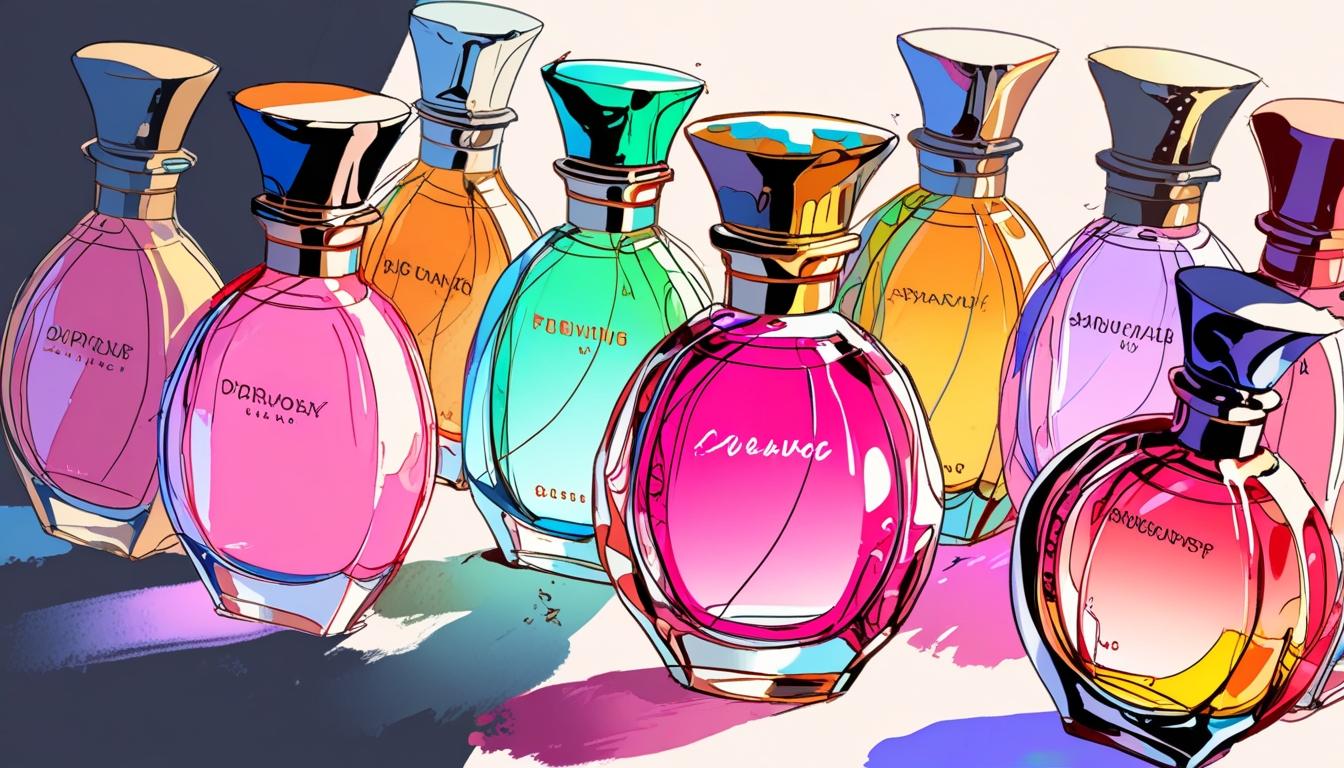A surge in the popularity of inexpensive fragrance imitations, often referred to as "dupe scents", is currently reshaping the landscape of the UK perfume market. Many consumers are opting for these affordably priced alternatives, which sometimes bear striking similarities to high-end fragrances, like the £355 Baccarat Rouge 540 eau de parfum or Penhaligon’s £215 Halfeti, but can cost as little as a fiver. The trend, largely driven by social media, has attracted the attention of legal experts who argue for better protections for original perfume creators against imitation.
According to a report by the Observer, as many as half of UK consumers are now engaging with this trend, prompting discussions among intellectual property lawyers and chartered trademark attorneys who emphasise the need for legal frameworks to keep pace with the evolving marketplace. Many are now advising luxury brands on how to navigate legal avenues against these dupe fragrances, while others report being approached by companies looking for guidance on how to legally replicate the scents of established brands.
Mireille Dagger, legal director at Broadfield law firm, highlighted the difficulties faced by original creators, stating, "Everybody wants to smell good and to have an affordable slice of luxury. However, it comes at the expense of proper artists, because perfume creation is an art." The concern is that the ease of creating dupe scents undermines the effort and expertise involved in crafting original fragrances, which require significant artistic talent and investment.
The legal challenges in protecting perfume scents are considerable. Under current UK law, brands can obtain trademarks for their names, labels, and bottle designs, but they cannot trademark the scent itself. Dagger explained that this limitation stems from the difficulty in objectively describing a fragrance, saying, "When it comes to scent, you just can’t do that, because scent is subjective." This lack of legal recourse means that original brands struggle to defend their creations effectively.
Furthermore, obtaining patents for perfume formulations poses its own challenges. Eloise Harding, a partner in Mishcon de Reya’s intellectual property department, noted that a perfume must demonstrate an “inventive step” to qualify for patent protection, which she believes is unlikely for most fragrances. Robert Lye, legal director at Gateley, warned that even if a brand chose to patent a formulation, the disclosure involved would allow competitors to replicate it once the patent expired.
The rise of technology, particularly gas chromatography-mass spectrometry (GCMS), has enabled copycat manufacturers to analyse and reproduce the chemical makeup of expensive perfumes, often using inferior ingredients. This trend has been amplified on platforms like TikTok, where the hashtag #perfumedupe has garnered thousands of posts, showcasing these imitators as a credible alternative.
The UK fragrance market, valued at approximately £1.74 billion, is projected to exceed £2 billion by 2029, as indicated by market researchers Mintel. A recent survey highlighted that 50% of the 1,435 fragrance buyers polled had purchased a dupe scent, with a third expressing willingness to buy again, while 18% of those who had not yet tried one indicated interest in doing so.
Dionne Officer, a Mintel research analyst, remarked on the shifting perceptions surrounding fragrance ownership, noting, "It is almost a lost cause for perfume brands to defend themselves, if all they are saying is ‘we came up with this fragrance first’, because I don’t think consumers really care about that." Younger consumers, in particular, seem disinclined to view the purchase of dupe fragrances as taboo; instead, they embrace the notion of securing bargains amidst economic uncertainties.
Officer observed that younger generations, increasingly familiar with the concept of fast fashion emulating high-end designs, find the notion of wearing dupes more socially acceptable. She added, “Maybe in older generations, it would have been looked down upon, to copy something. But younger consumers have grown up in a time of economic instability, where you’re praised if you get a bargain – it’s seen as quite cool, now.”
Source: Noah Wire Services
